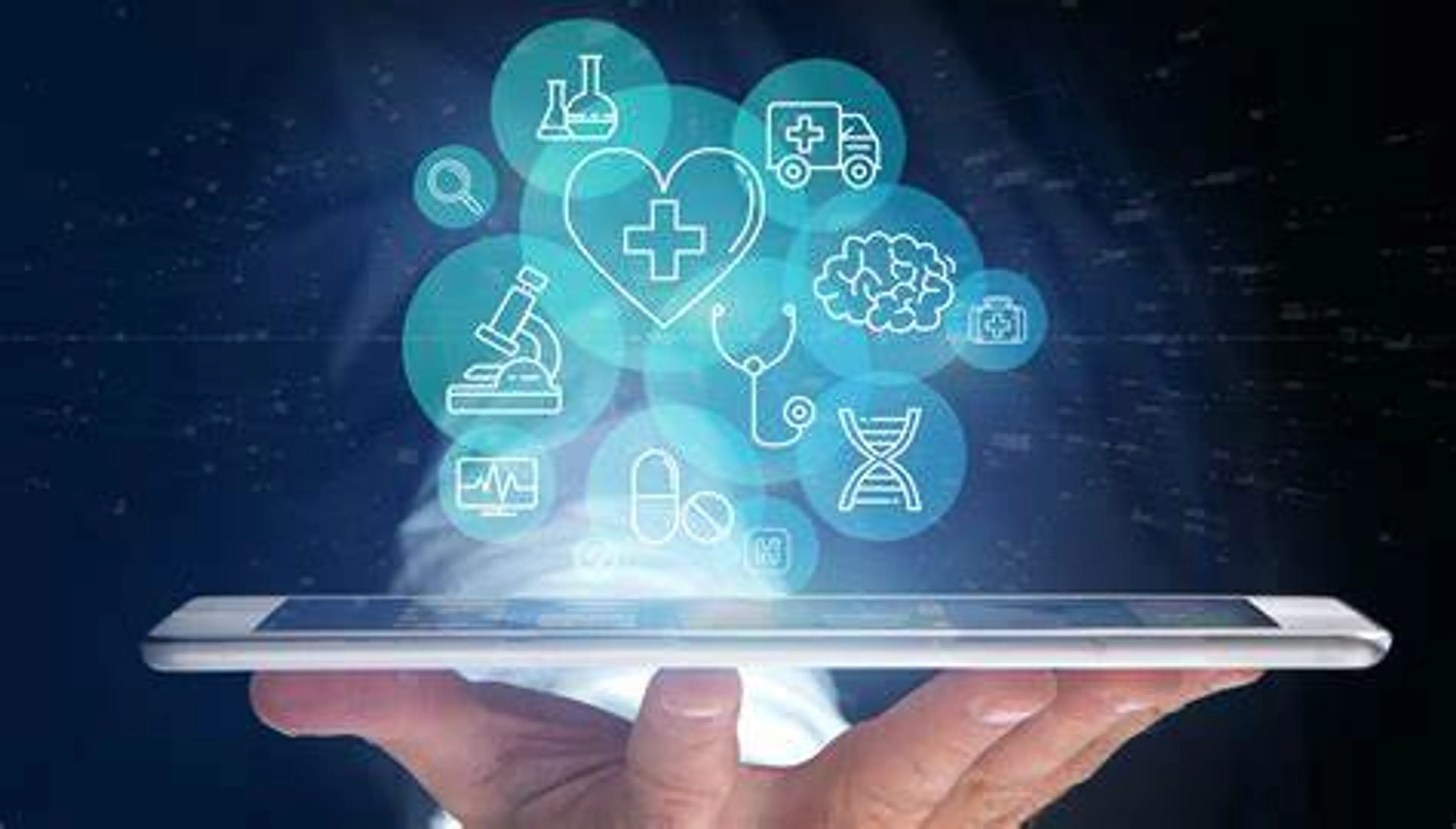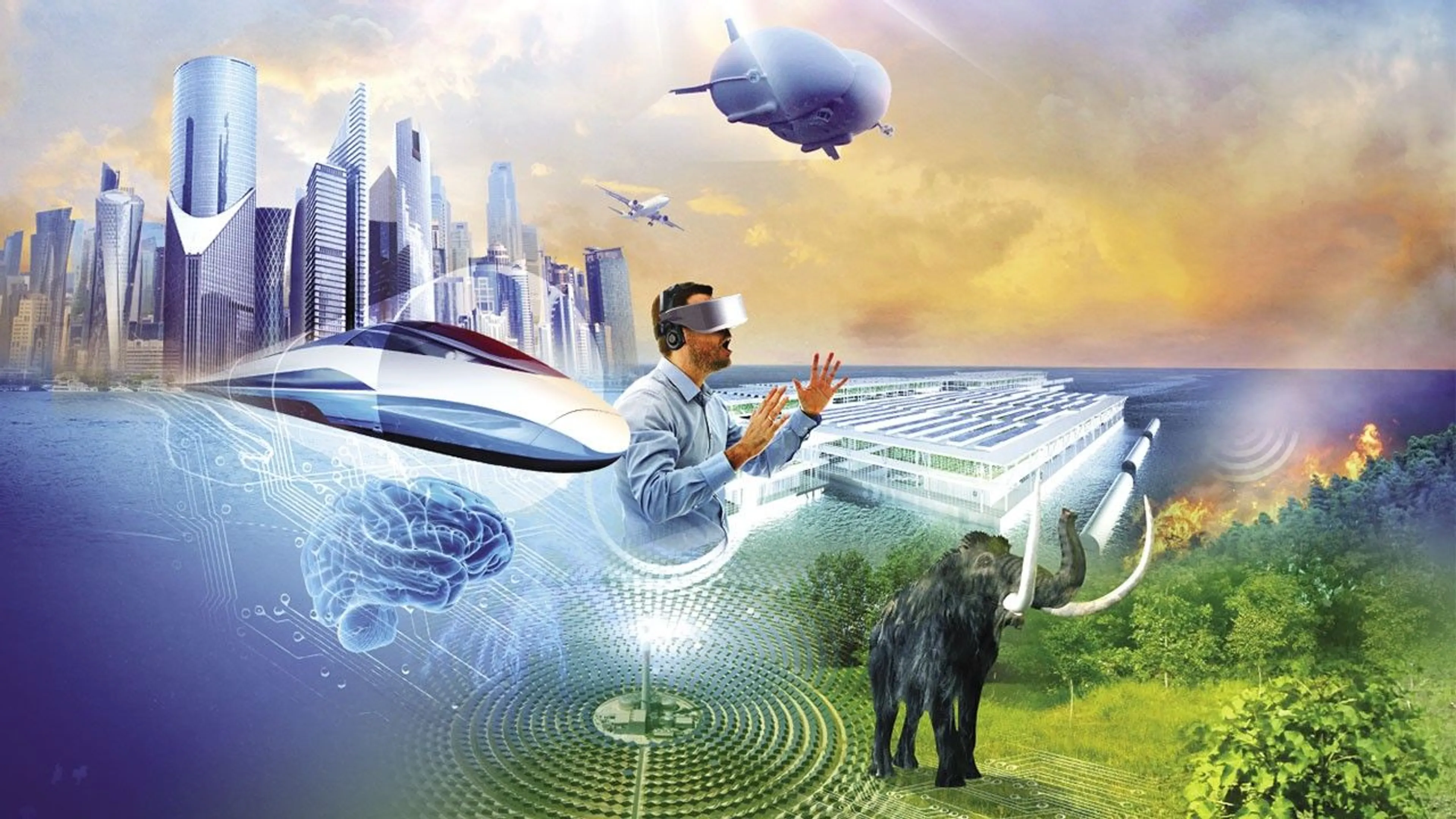Digital Health Technology: Transforming Healthcare in the 21st Century

In the 21st century, healthcare is undergoing a profound transformation driven by digital health technology. From telemedicine and wearable devices to electronic health records (EHRs) and artificial intelligence (AI), these innovations are reshaping the delivery of care, improving patient outcomes, and enhancing the overall healthcare experience. In this exploration, we will delve into the significance of digital health technology, its applications, and the opportunities and challenges it presents in revolutionizing healthcare.
1. Defining Digital Health Technology
Digital health technology encompasses a broad range of digital tools, systems, and services designed to improve healthcare delivery, diagnosis, treatment, and patient engagement. It leverages information technology and data-driven approaches to enhance the quality and efficiency of healthcare services.
2. Telemedicine and Remote Care
a. Telehealth Consultations: Telemedicine allows patients to consult with healthcare providers remotely, expanding access to care and reducing geographic barriers. Video calls, text messaging, and secure platforms facilitate consultations and follow-ups.
b. Remote Monitoring: Wearable devices and sensors enable continuous monitoring of vital signs and chronic conditions. This real-time data empowers patients and enables healthcare providers to intervene proactively.
3. Electronic Health Records (EHRs)
EHRs have replaced traditional paper records with digital patient profiles that include medical histories, test results, prescriptions, and treatment plans. EHRs improve data accessibility, reduce errors, and facilitate seamless communication among healthcare providers.
4. Artificial Intelligence (AI) in Healthcare
AI is making significant inroads in healthcare. Machine learning algorithms analyze vast datasets to assist in diagnosis, treatment planning, and drug discovery. AI-driven chatbots and virtual health assistants enhance patient engagement and provide immediate answers to common health queries.
5. Personalized Medicine
Digital health technology enables personalized treatment plans based on an individual's genetic makeup, medical history, and lifestyle. Targeted therapies and drug dosages can improve efficacy and reduce side effects.
6. Enhanced Patient Engagement
Health apps and patient portals empower individuals to take control of their health. Patients can schedule appointments, access medical records, and receive medication reminders through mobile devices.
7. Data Security and Privacy
The digitization of health data raises concerns about patient privacy and data security. Healthcare organizations must adhere to strict regulations like HIPAA to protect patient information.
8. Health Data Interoperability
Achieving seamless data exchange among different healthcare systems and devices remains a challenge. Interoperability standards are essential to ensure that health information flows smoothly.
9. Telehealth Expansion and Access
The COVID-19 pandemic accelerated the adoption of telehealth, highlighting its importance in providing care during crises. Policymakers are working to expand telehealth access and reimbursement.
10. Challenges and Opportunities
a. Regulatory Framework: Keeping pace with rapidly evolving technology requires adaptable regulations and guidelines.
b. Digital Divide: Ensuring that all individuals have access to digital health services, especially in underserved areas, is critical.
c. Data Integration: Integrating data from various sources, including wearable devices, EHRs, and patient-reported data, remains a technical challenge.
d. Cybersecurity: Protecting healthcare systems from cyber threats is paramount to safeguarding patient data.
11. Conclusion: A Healthcare Revolution
Digital health technology is revolutionizing healthcare by improving access, personalizing treatment, and enhancing patient engagement. While challenges exist, the potential for better patient outcomes and more efficient healthcare systems is immense. As technology continues to advance, the integration of digital health into mainstream medicine will become increasingly seamless, ushering in a new era of healthcare in the 21st century.





